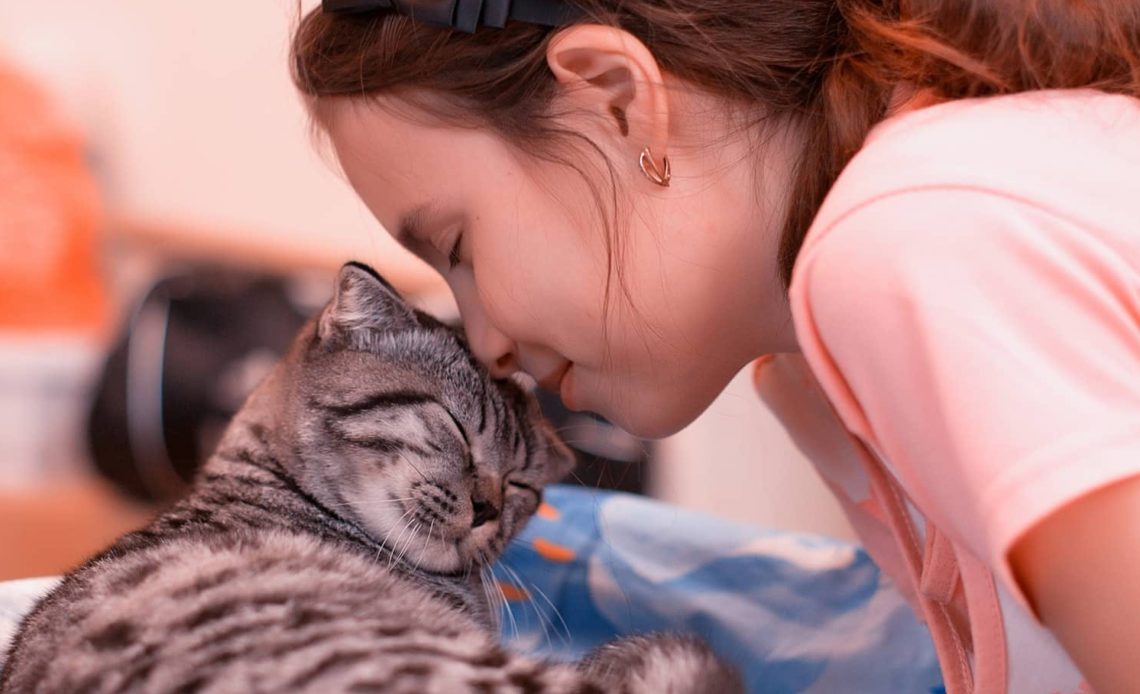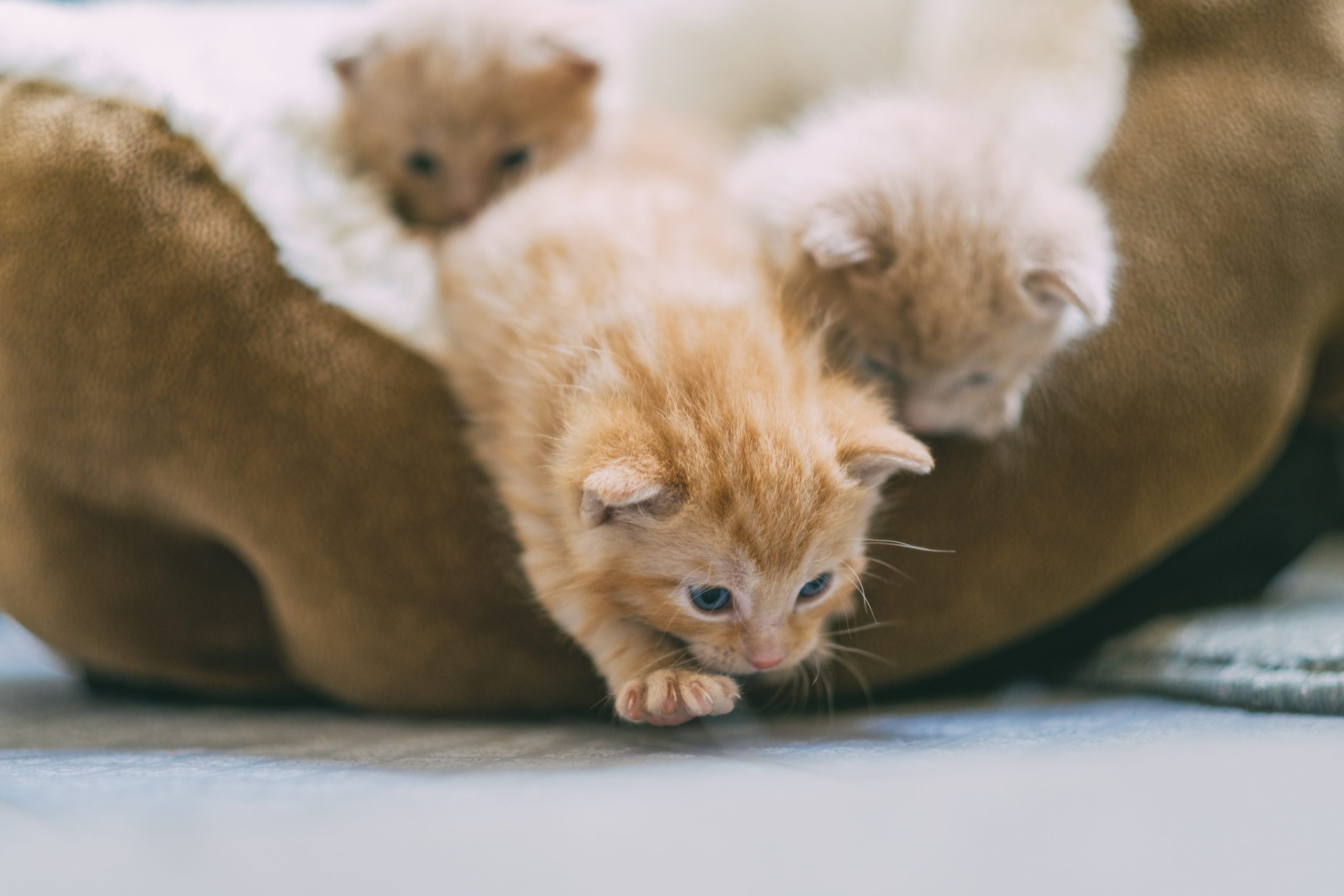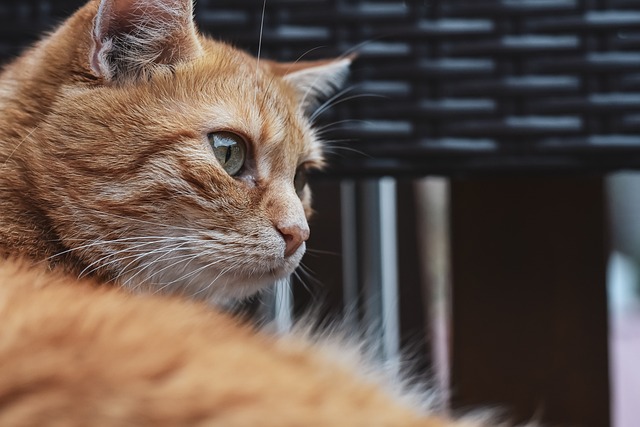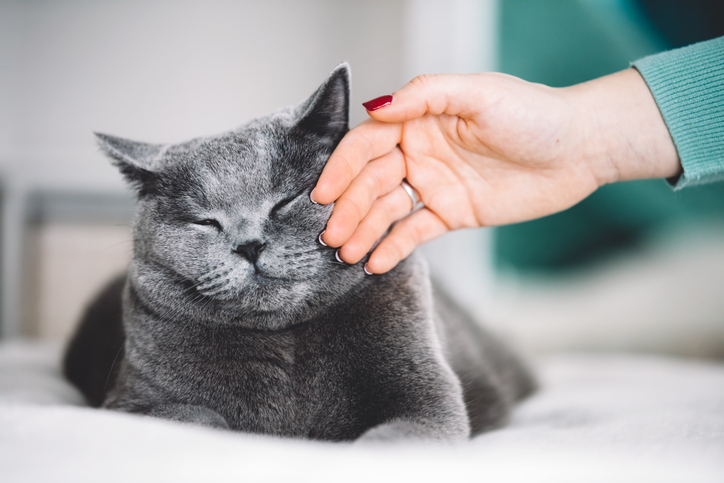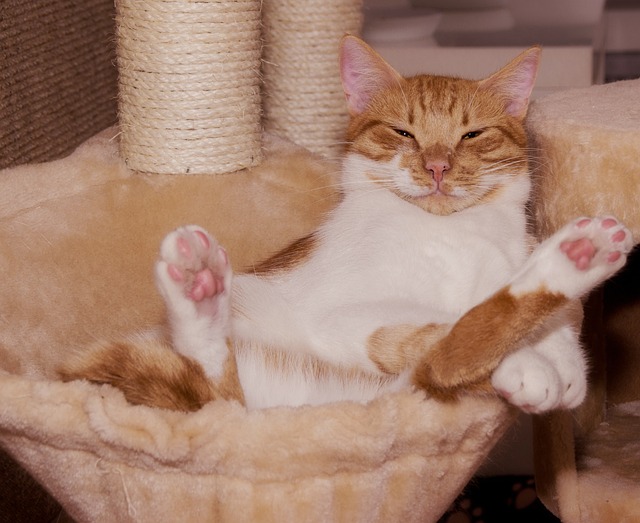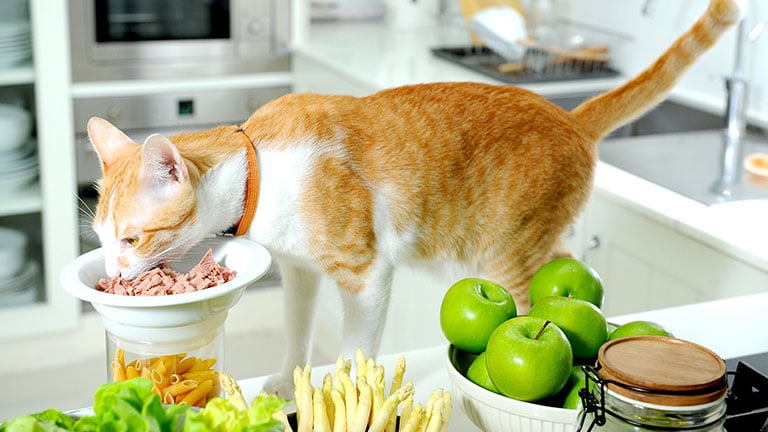ADVERTISEMENT
Cats have been known for keeping to themselves, and though they’re not as social as dogs, they can happily coexist in the same home and even become friends. If you have multiple cats, you might see them giving each other a little slap now and then. But why do cats do this? Is there a kitty battle happening, or could there be something else behind their behavior? Let’s find out.
| Cats slap each other for a variety of reasons:
Cats might slap each other for different reasons. To understand why your cats are slapping, pay attention to their overall behavior and body language. It’s a common thing for cats to slap each other, and while some reasons may be less obvious, it’s a normal part of their behavior.
| When Playtime Started
When cats are playful and full of energy, they might slap each other as an invitation to play. Playful cats show specific body language – their whiskers are forward, they focus on the moment, and when they slap, they retract their claws to avoid hurting the other cat. There won’t be any loud sounds like yowling or hissing from the cat doing the slapping. These are signs that the slapper is in a playful mood and wants to engage in a friendly game with the other cat.
| Instincts of Predation
Cats are carnivores, which means they need to eat animal protein. This also makes them like small predators with a strong instinct to hunt. Many toys, such as feather wands, jingle bells, and laser pointers, are created to tap into your cat’s natural hunting tendencies. When cats don’t have a proper way to express these instincts, they might start acting out by playfully slapping their housemates or even you. If your cat is showing signs of playful behavior, like slapping, but seems a bit too enthusiastic, it could be expressing a suppressed hunting urge.
| Illness and stress
If a cat isn’t feeling well or is uncomfortable, they might slap other cats to tell them to stay away. Cats that are in pain or dealing with a long-term illness may be more cautious around other pets in the house. They may worry about getting accidentally hurt by other pets. Cats don’t always show signs of chronic issues in the same way that dogs do. Research indicates that 61% of cats over the age of 6 had visible chronic abnormalities in at least one joint on x-rays, and % had changes in several joints.
It’s important to note that these x-rays were used to diagnose arthritis in the cats, which might not be obvious to the owners. An older cat that seems active at home could be experiencing pain from arthritis. This could be why cats sometimes appear more irritable as they get older; it might be a sign that they are experiencing discomfort.
| Interact Aggression and a Lack of Resources
Cats can live together peacefully in some situations, but this isn’t always the case. When cats live in small spaces, they may not always get along. Cats can show aggressive behavior when living together, and this might be why they slap each other. Cats slapping each other due to aggression have a different body language compared to cats slapping each other during play. Cats displaying aggressive behavior will look tense, with their ears pushed flat against their heads and their whiskers drawn back against their faces. They may vocalize, producing growls, hisses, and screams.
Dealing with aggression can be challenging because each cat is unique. Aggression might also stem from a lack of resources at home. Resources include litter boxes and water bowls, but they can also involve toys, beds, and vertical spaces like cat trees and shelves. Providing an adequate number of resources can help reduce aggression among cats in the same household.
How to stop cats from slapping each other?
5 tips to stop cats from slapping each other:
Although cats slapping each other is a natural behavior, it might not be ideal for your cats to do so. There are a few things you can do to reduce the instances of cats slapping each other:
| If the cause was just boredom
If your cats are slapping each other out of boredom or instinct, scheduling and organizing their playtimes can help. A cat that has a dedicated twenty minutes each day to hunt and attack its favorite wand toy or chase the elusive red dot may be less likely to slap its housemates for not playing with it. It’s important to note that catching the “prey” at the end of the hunt is a big part of the fun. If your cat enjoys playing with laser pointers, consider throwing them a kicker toy that they can jump on and bunny kick to ‘kill’ at the end of each session.
| Your cats Health chack
Ensuring your cat has regular check-ups can help make sure there are no illnesses causing pain or discomfort. Cats can feel nervous at the vet, making it challenging for the veterinarian to spot minor signs of arthritis. To assist your vet in assessing your cat’s health, take a video of your cat walking or jumping with your phone. If your cat is getting older, you might want to consider adding a supplement to their diet. Your vet can provide guidance on the best treatment for your cat.
| The slaps are because of the number of litter boxes
Dealing with fighting between cats can be tricky, but there are steps you can take to make your cat’s home environment less stressful. Start by ensuring you have an adequate number of litter boxes. Most behavior experts recommend having a number of litter boxes equal to the number of cats you own plus one. For example, if you have two cats, it’s ideal to have at least three litter boxes.
| Having multiple litter boxes can help reduce the violence
Place litter boxes on different floors of your home instead of grouping them together in one spot. Adding more vertical spaces, like cat shelves and trees in busy areas like hallways, can also reduce conflicts between cats. These additions offer cats a better way to manage stress and release tension.
| Speak to your veterinarian
Cats often slap each other, and this behavior can have various meanings. If you’re concerned about your cat’s well-being or want to improve the relationship between your cats, it’s a good idea to talk to your veterinarian for guidance. They can help address any chronic pain concerns and offer advice on fostering better harmony among your feline friends.
ADVERTISEMENT

